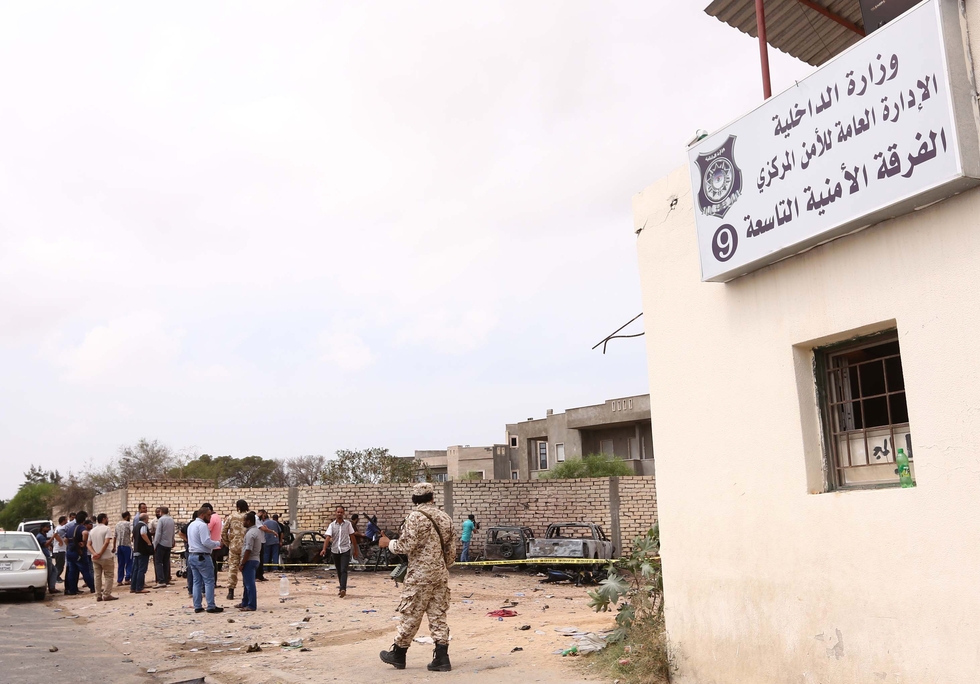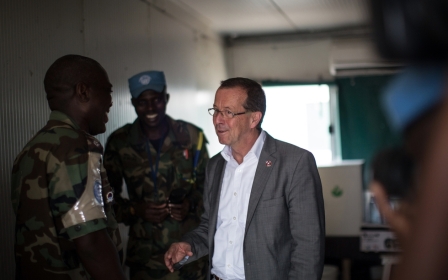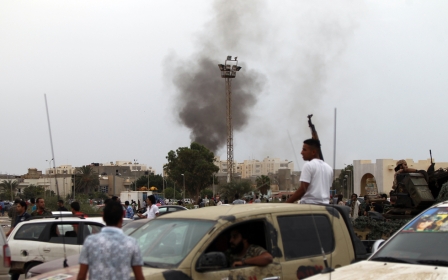Fighters linked to ministry kidnap Libyan lawmaker: Tripoli government

Gunmen have kidnapped a minister in Libya's Tripoli-based government, the parliament said on Tuesday, accusing a group linked to its own interior minister of being behind the abduction.
The security and defence commission of the General National Congress (GNC) said in a statement that it "strongly condemned" the kidnapping of Mohamad al-Gaddar, Tripoli's planning minister, by "an armed group linked to the interior minister".
The armed group, Revolutionaries of Tripoli, is led by Haytham al-Tajouri, who was named by anonymous sources who spoke to local news site al-Wasat as being responsible for the kidnapping.
The Fajr Libya militia that is linked to the Tripoli government told AFP that Gaddar was kidnapped on Monday and had yet to be released.
Fajr Libya said in a statement on Monday that the Tripoli government had officially dissolved the Revolutionaries of Tripoli and issued an order for Tajouri's arrest.
It accused the same group of attacking the GNC's government headquarters.
A statement published on the body’s website on Tuesday condemned “the armed attack on the government’s offices by the same group that is supposed to be responsible for the security of the capital”.
Libya descended into chaos after the October 2011 overthrow and killing of Libyan leader Muammar Gaddafi along with a NATO bombing campaign, with two rival governments now vying for power and armed groups battling to control Libya's vast energy resources.
A militia alliance overran Tripoli in August 2014 in support of the GNC, forcing the internationally recognised House of Representatives government to flee to the country's remote east.
UN-backed peace talks to reconcile the two rival governments stalled earlier this month after both parliaments rejected plans for a unity government.
Following failed reconciliation attempts, the UN replaced its special envoy to the crisis-ridden country with a veteran German diplomat who previously worked in the Democratic Republic of the Congo.
New MEE newsletter: Jerusalem Dispatch
Sign up to get the latest insights and analysis on Israel-Palestine, alongside Turkey Unpacked and other MEE newsletters
Middle East Eye delivers independent and unrivalled coverage and analysis of the Middle East, North Africa and beyond. To learn more about republishing this content and the associated fees, please fill out this form. More about MEE can be found here.




